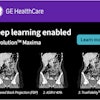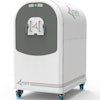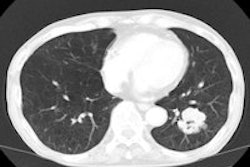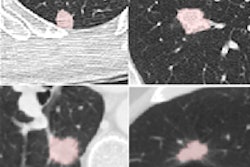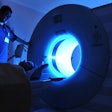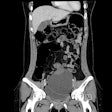Dear AuntMinnieEurope Member,
PET and MRI: Better together than apart? That may be the case for evaluating patients with large-vessel vasculitis (LVV), according to a recent German study.
Lead author Dr. Ingo Einspieler of the Technische Universität München and colleagues concluded that PET/MRI may more precisely evaluate disease activity and the extent of LVV compared with other modalities. An added benefit: There's no need to worry about radiation exposure as with contrast-enhanced CT.
Learn more here, or visit our Molecular Imaging Digital Community.
Speaking of precision, a newly revamped lung computer-aided detection (CAD) algorithm was found to offer outstanding accuracy in detecting lung lesions, generating very few false positives. The researchers believe these results make the algorithm one of the first with the potential to be efficient and helpful enough to use in day-to-day clinical practice. Read more about the algorithm, or check out our Advanced Visualization Digital Community.
All healthcare staff have a responsibility to avoid unnecessarily high radiation dose, but the key players remain diagnostic radiologists who can and should integrate the necessary information and decide upon scan protocols, according to the lead author of an in-depth article published by European Journal of Radiology.
Exactly how can radiologists reduce high radiation dose? What methods work better than others? Find out what the researchers have to say, or go to the CT Digital Community.
The healthcare IT market will surely be impacted by last week's announcement that Siemens Healthcare plans to sell its Health Services business to healthcare information systems firm Cerner for nearly 1 billion euros in cash. If completed, the deal would combine the two companies' workforces to create the largest provider in the field. Read more about the deal, or visit the Healthcare Informatics Digital Community.



